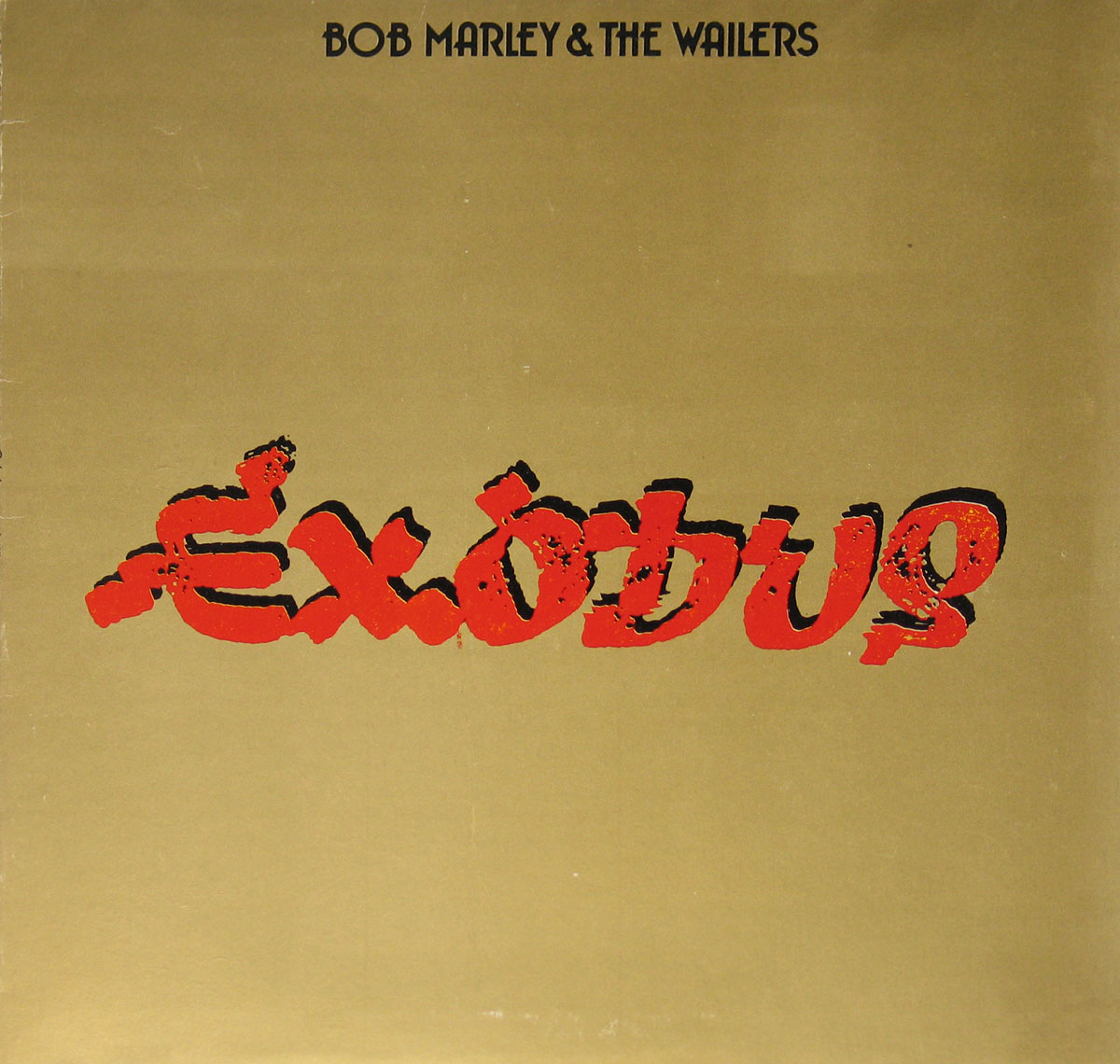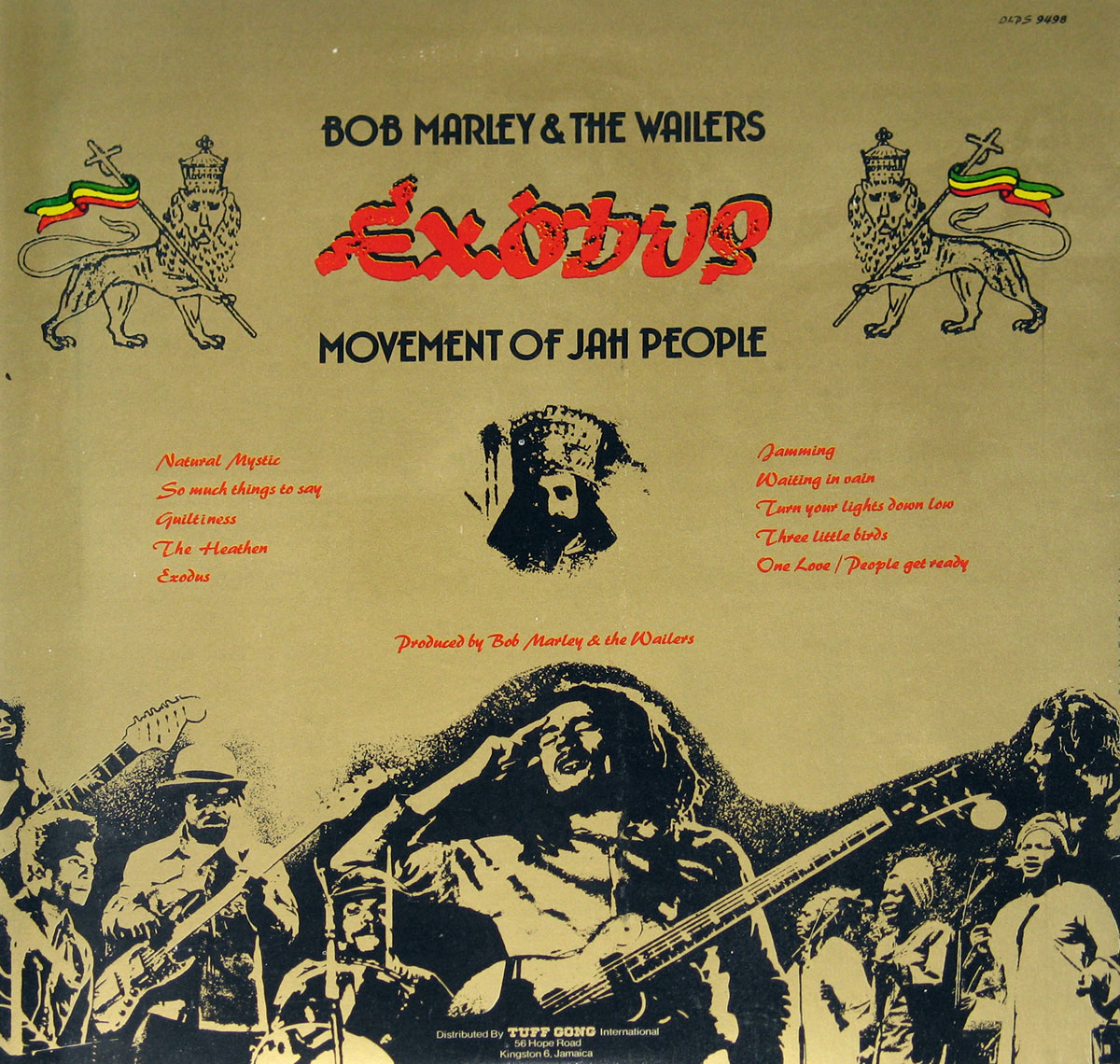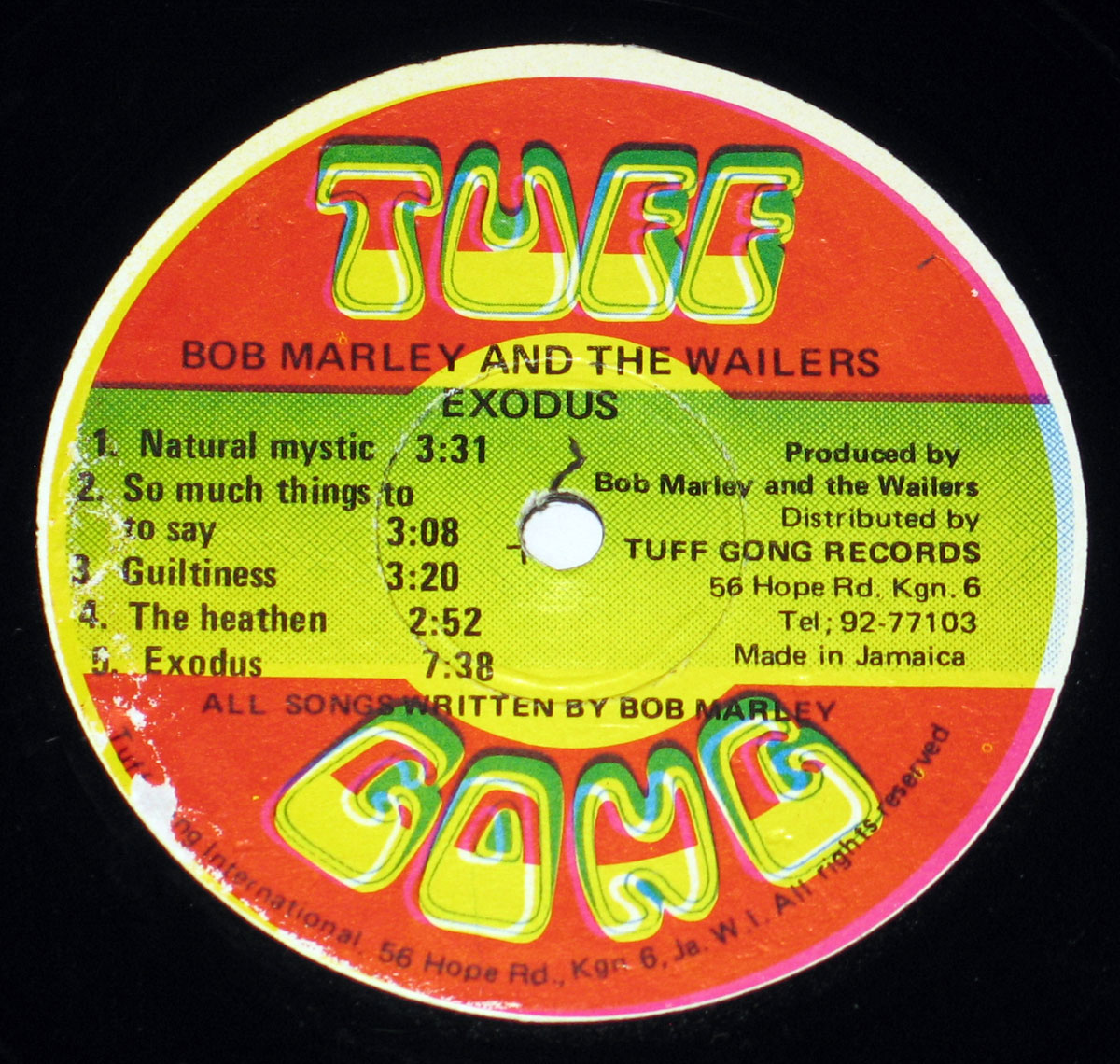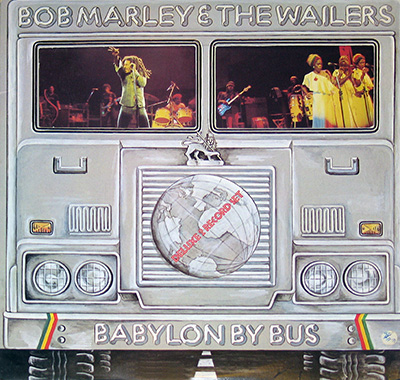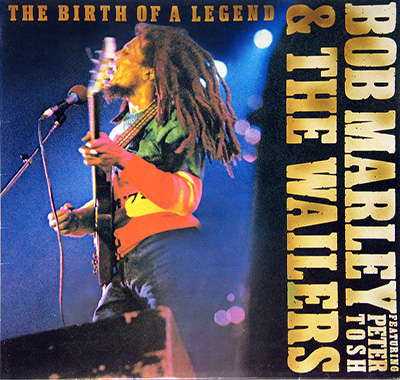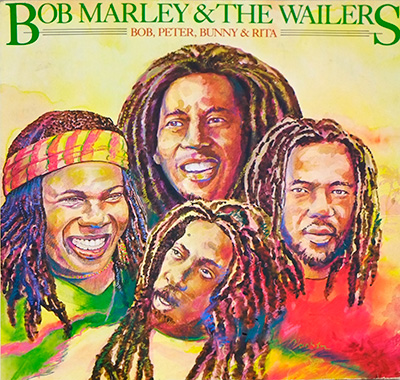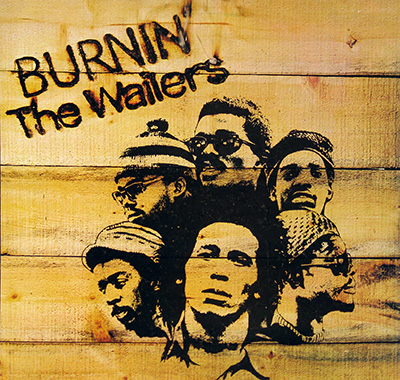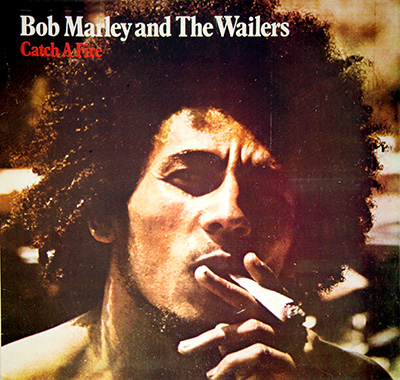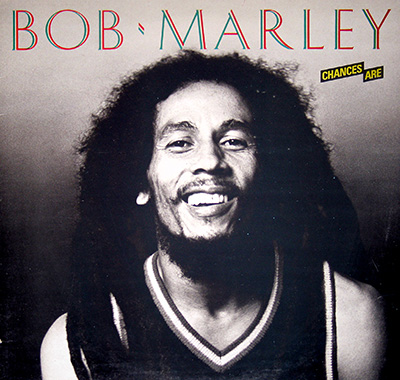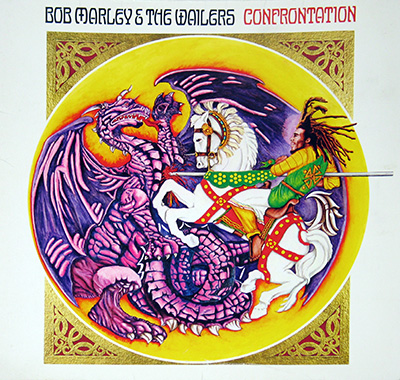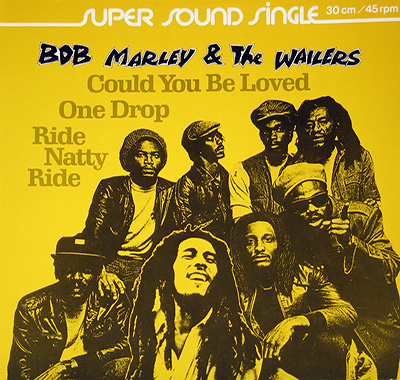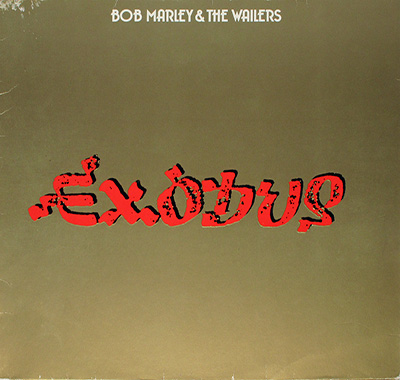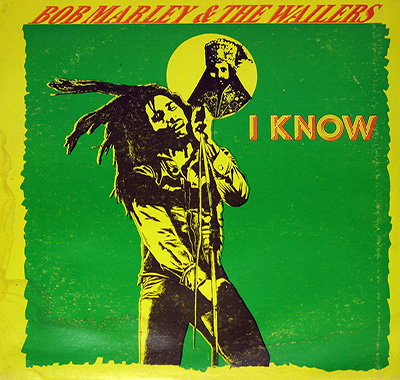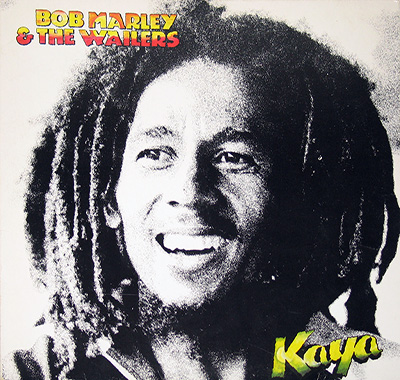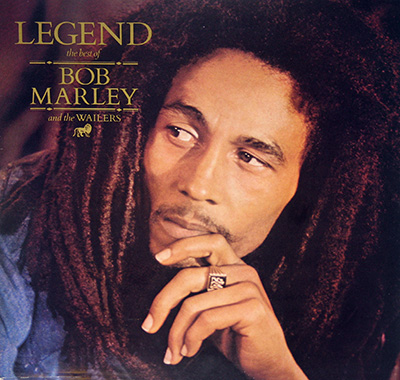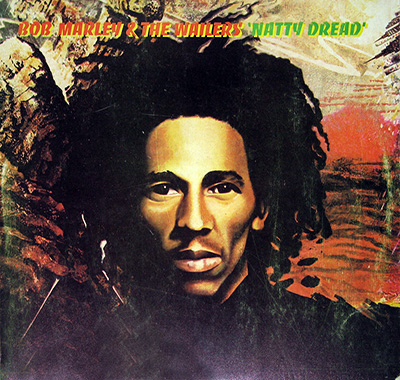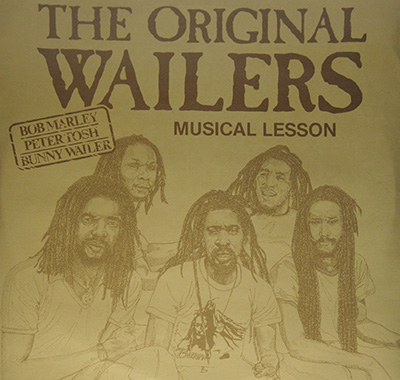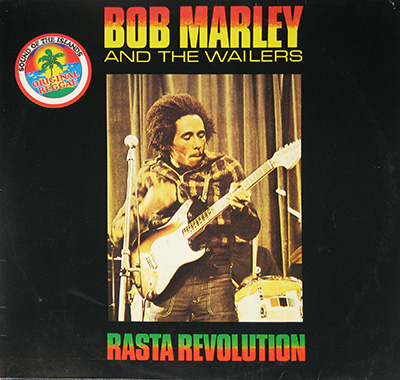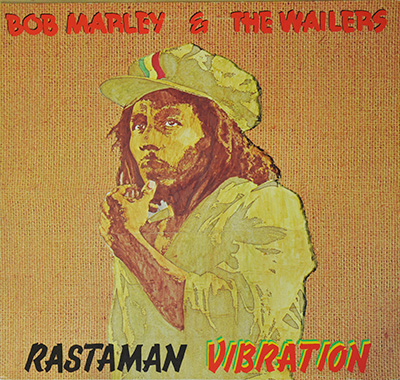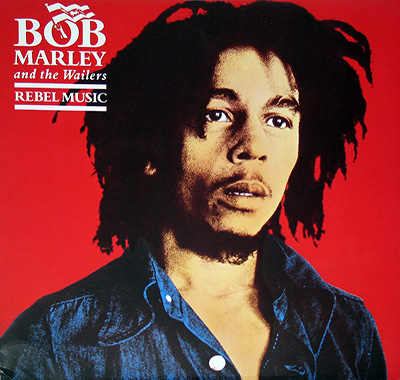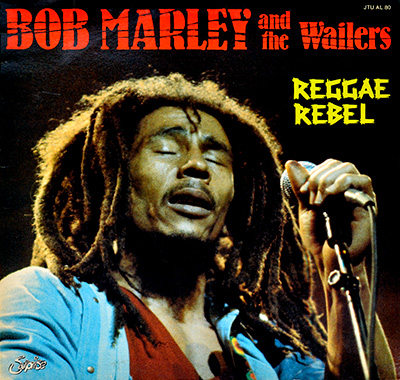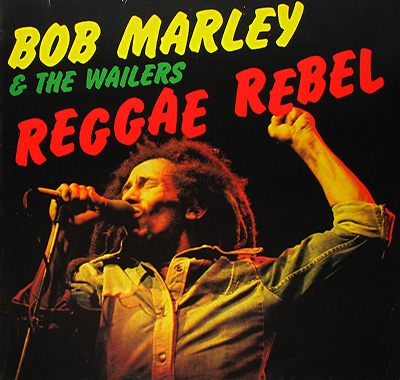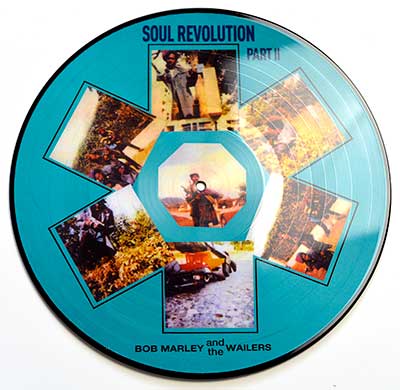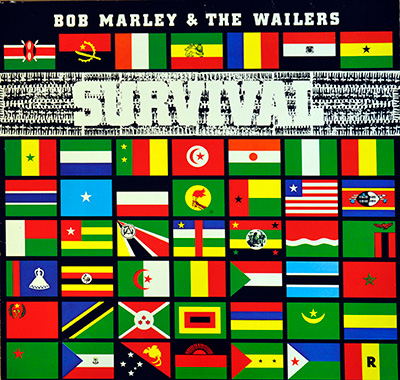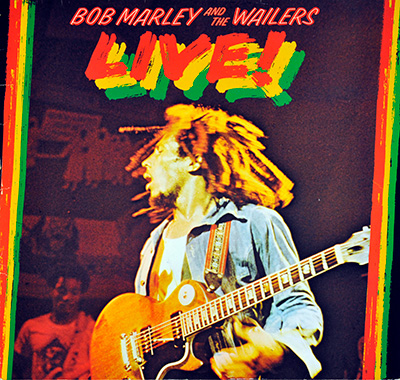Bob Marley & The Wailers – "Exodus" (1977)
"Exodus", the ninth studio album by Bob Marley & The Wailers, stands as one of the most defining statements in the history of reggae music. Released on June 3, 1977, by Island Records, this album was not merely a collection of songsÑit was a message of spiritual resolve, political resistance, and musical innovation that echoed far beyond JamaicaÕs shores.
Historical Context
The creation of "Exodus" was marked by tumult and survival. In December 1976, Bob Marley survived an assassination attempt at his home in Kingston, an event that forced him into temporary exile in London. It was in that city, amidst the tension of Jamaican political violence and personal danger, that Marley began work on this landmark album. The very titleÑ"Exodus"Ñsymbolized his departure from Jamaica and a search for liberation and redemption, both personal and universal.
Musical Exploration
Musically, "Exodus" showcased a new maturity in Marley's songwriting and production. The album is a blend of roots reggae, soul, and funk grooves, built upon the solid rhythmic foundation laid by The Wailers. Side One leans toward the spiritual and political, with tracks like "Natural Mystic", "So Much Things to Say", and "Guiltiness" confronting the struggles of the oppressed. The title track "Exodus" itself becomes an anthem of movement and transformation, both literal and metaphoric.
Side Two offers a more romantic and reflective tone, with hits like "Jamming", "Waiting in Vain", and "Turn Your Lights Down Low" displaying MarleyÕs ability to craft songs of intimacy and emotional warmth. The side closes with the classic "One Love / People Get Ready", a spiritual fusion of MarleyÕs message with Curtis MayfieldÕs gospel soul.
Music Genre
The album is deeply rooted in Reggae Music, but its influence stretches far beyond genre labels. Marley integrated elements of rock, soul, and funk, appealing to a global audience and pushing reggae into the international spotlight. This cross-pollination is what gave "Exodus" its timeless, borderless appeal.
Controversies and Reception
Though widely praised, the album was not without its detractors. Some critics at the time viewed the polished production and mellow love songs on Side Two as a commercial move, a departure from the militant tone of earlier albums like "Rastaman Vibration" or "Natty Dread". However, for many fans and scholars, this balance between fire and tenderness is what made "Exodus" so complete, so human.
Production Team and Studio
"Exodus" was produced by Bob Marley and The Wailers themselves, reflecting Marley's growing control over his music and message. Much of the recording took place at IslandÕs Basing Street Studios in London, which provided a state-of-the-art environment for experimentation and refinement. The band lineup included longtime collaborators: bassist Aston ÒFamilymanÓ Barrett, drummer Carlton Barrett, keyboardist Tyrone Downie, percussionist Alvin ÒSeecoÓ Patterson, and guitarist Julian ÒJuniorÓ Marvin, all of whom contributed to the tight, hypnotic groove of the album.
Album Versions and Variations
While the core content of "Exodus" remains consistent across releases, there have been notable differences in presentation. The Jamaican Tuff Gong pressing, for example, is sought after for its rawer vinyl mix and unique jacket design. European versions, including a rare Swiss pressing, featured textured covers and different mastering qualities. Subsequent remasters and deluxe editions have included alternate takes and extended mixes, but none rival the emotional impact of the original 1977 release.
Conclusion
"Exodus" is more than an album; it is a manifesto of resilience and hope, forged in the fires of adversity. It crystallized Bob Marley's position as a prophet of reggae and a global voice for justice, peace, and love. Nearly half a century later, the words of the title track still ring with urgency: ÒMovement of Jah people!Ó
